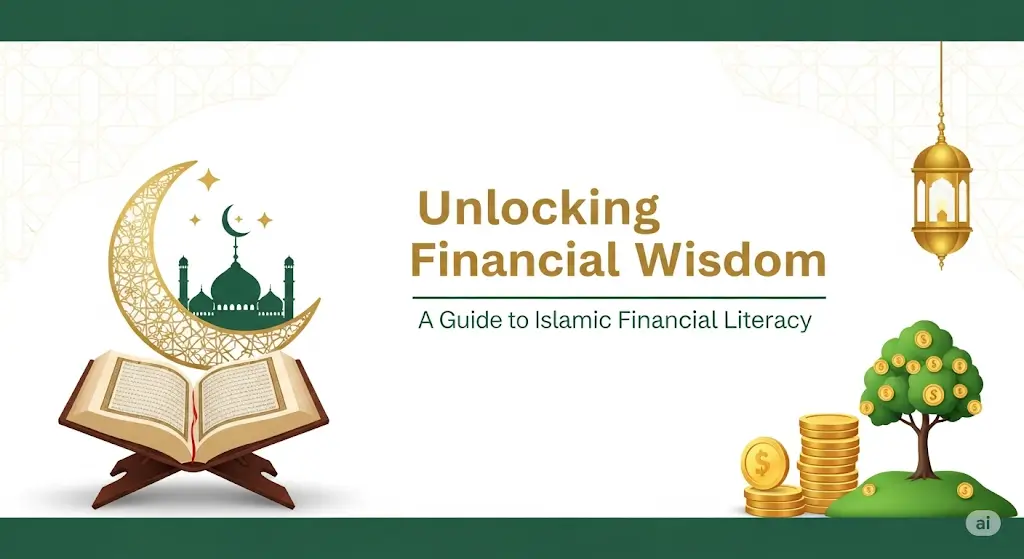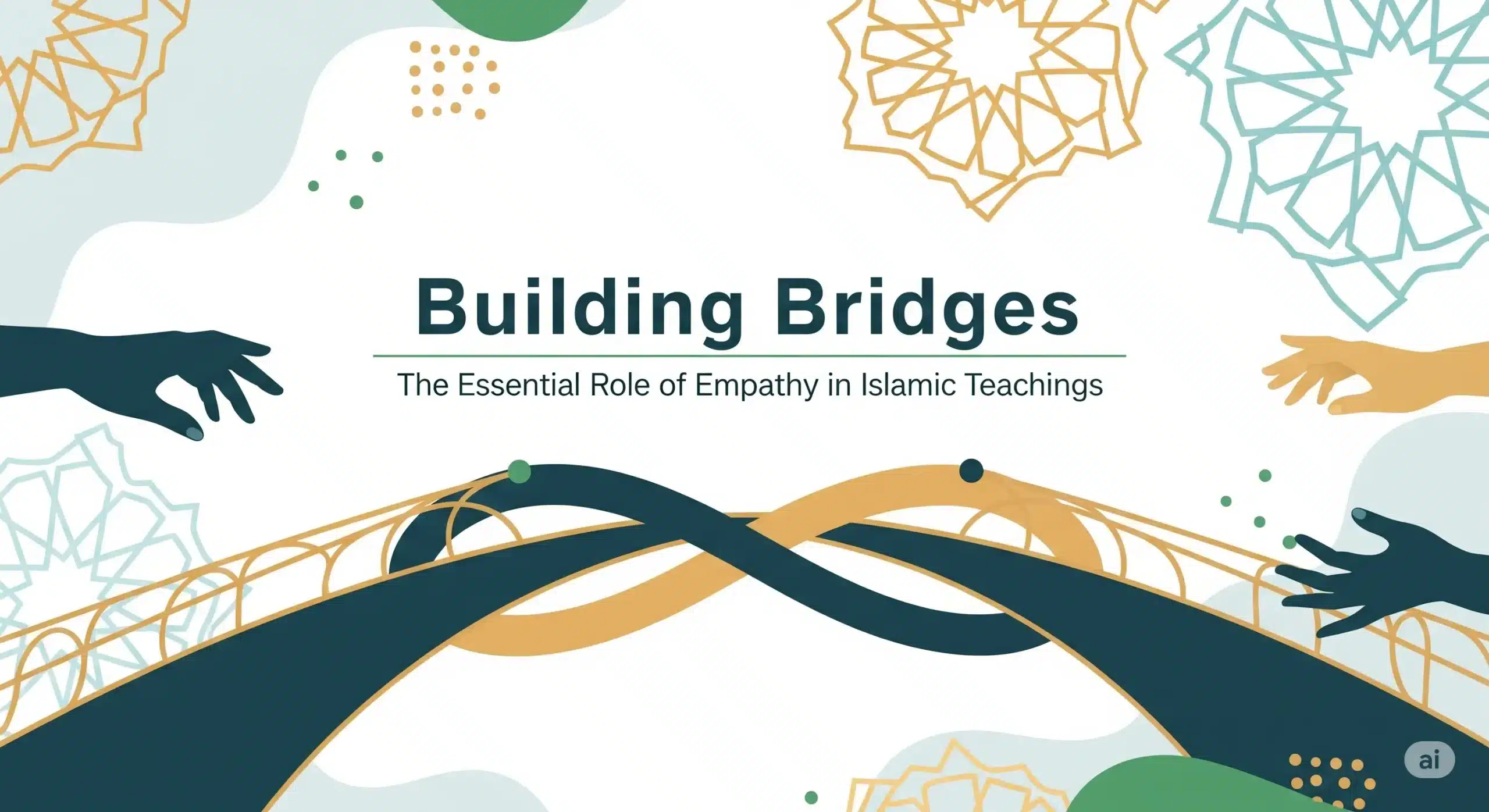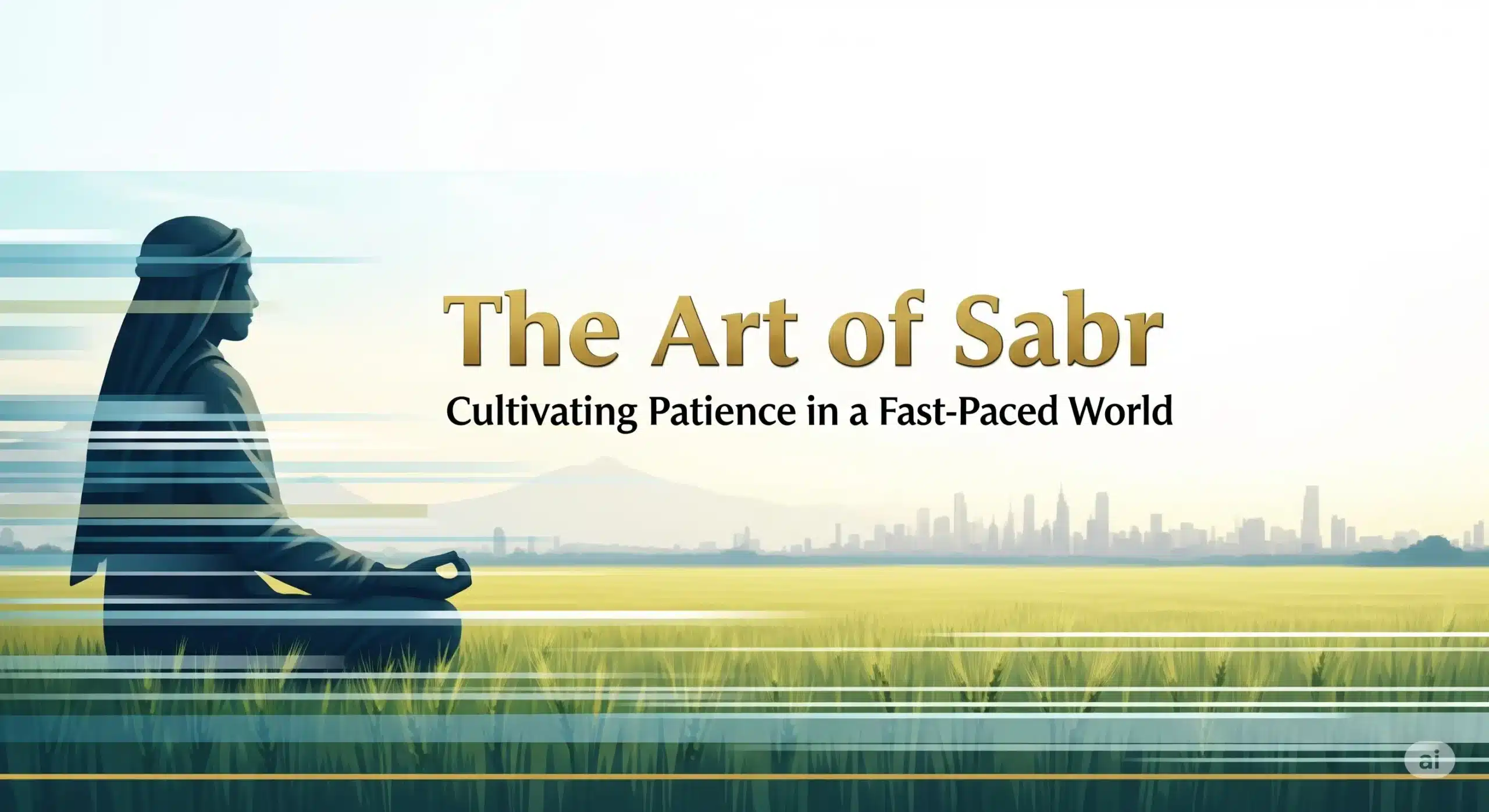As-Salaam-Alaikum, my brothers and sisters, I hope you are doing well today, I brought up something very interesting topic. Which are What Islamic Scholars?
Whenever people talk about Islamic scholars, everyone thinks about the Masjid Imam!
Yes, You are Right.
They are also known as an Islamic scholar, but today will try to cover all the major roles and responsibilities of Islamic scholars.
Islamic scholars, also known as Ulama-e-Deen. Islamic scholars act as guardians and interpreters of the faith for Muslims around the world.
Read this article to understand the key responsibility and the different expertise and impact of the islamic scholars.
What is Islamic Scholars?
Every individual Islamic scholar has a different role in Islam. They have dedicated their life to studying and understanding Islam.
One of the biggest responsibilities of Islamic scholars is transmitting Islamic knowledge to future generations.
Islamic scholars are usually experts in Islamic laws, such as theology and philosophy, and they play a vital role in the Muslim community.
Islamic scholars typically undertake years of intense Holy Quran and hadith studies. They also learned Arabic and Islamic jurisprudence for telling the religious ruling (fatwas) to the Muslim community.
While levels of expertise vary greatly, true Islamic scholars act as guardians and interpreters of the faith for Muslims around the world.
Islamic Scholars have made significant contributions in different fields, such as Teaching Islamic law (theology and philosophy), Issuing fatwas or (legal opinions), Writing books and articles on (Islamic topics).
The reason for these contributions is to get Allah SWT mercy and helped to shape the Islamic world and has had a profound impact on global civilization. Also, all Muslims must spread Allah’s religion (Islam).
The Roles and Fields of Islamic Scholars
Islamic scholars study the holy Quran and hadith; they have different roles in their field.
Preserving and Transmitting Islamic Knowledge
This is one of the major roles of Islamic scholars, transmitting Islamic knowledge as per the holy Quran and authentic hadith. These scholars are also known as masjid imam. They usually memorize the entire Quran “protector“.
Education and Guiding the Muslim Community
These scholars help for educating the Muslim community; they also help to understand Islamic principles and laws. They are helping individuals navigate their lives according to Islamic teachings.
Legal Expertise and Issuing Fatwas
These Islamic scholars have expertise in Islamic law, known as fiqh. They study very deeply legal principles and interpretations, and they also give the fatwa, which are non-binding opinions on Islamic legal matters.
The Expertise and Impact of Islamic Scholars
Islamic scholars deeply study the holy Quran and hadith, and they have different roles in their field. such as
- Teaching Islamic law (theology and philosophy),
- Issuing fatwas or (legal opinions),
- Writing books and articles on (Islamic topics).
In all the different fields, Islamic scholars have played a significant role in spreading Islamic knowledge and influencing global civilization through their different efforts.
Issues and Debates Among Scholars
If you have understood the What is Islamic Scholars? then you should also know about the major Debates Among Scholars.
As they influenced the people to understand Islam, but they also have debates in various fields, such as legal, and social issues throughout history.
Law and Interpretation
There are four Islamic jurisprudence, such as Hanafi, Maliki, Shafi’i, and Hanbali; they all have different interpretations of Islamic law, particularly in areas such as family law, criminal law, and economic transactions.
Ijtihad and Renewal
This is also a debatable subject of Islamic scholars; some scholars advocated for a more restrictive approach to ijtihad, while others have called for greater flexibility in adapting Islamic law to changing social and cultural contexts.
Social Issues
Islamic Scholars also have social issues debate, such as the role of womens, divorce and the permissibility of certain forms of technology.
Challenges and Criticisms Islamic Scholars
Being an Islamic scholar is not an easy job. There are lots of challenges and criticism they face. Here are some of them
Challenges
- Memorize the Entire holy Quran: Saying this is a challenge, not a good one. This is a gift from Allah SWT for their loving people, but memorizing the Quran is not an easy job. May Allah give us this chance.
- Right and Correct Interpretation of the Quran and hadith: this is very difficult, but if you are delivering Allah’s messages, then you need to be 100 percent correct and authentic.
- Communicating Effectively with Muslim Communities: Islamic scholars have a responsibility to communicate Islamic knowledge and guidance in a way that is accessible and understandable to Muslim communities.
Criticisms
- Perceived Disconnect from Social Realities: Islamic scholars faced criticism due to the disconnect from social realities, the reason behind it the lack of time.
- Gender Imbalance in Scholarship: The field of Islamic scholarship has traditionally been dominated by men, leading to criticisms of gender inequality and a lack of female voices in Islamic discourse.
- Lack of Transparency and Accountability: Some of the criticism they faced about the lack of transparency of authentic hadith.
Conclusion
I hope this article What is Islamic Scholars? You were found helpful. The things we need to learn all Islamic scholars play a very crucial role in influencing people towards good deeds.
We should understand the importance of all the Islamic scholars and respect them from a deep heart because the Scholars are successors of prophets.
Abu Darda reported: The Messenger of Allah, peace and blessings be upon him, said, “The scholars are the successors of the prophets. Verily, the prophets do not pass on gold and silver coins, but rather they only impart knowledge.”
Musnad al-Bazzār 10/68

























Post Comment